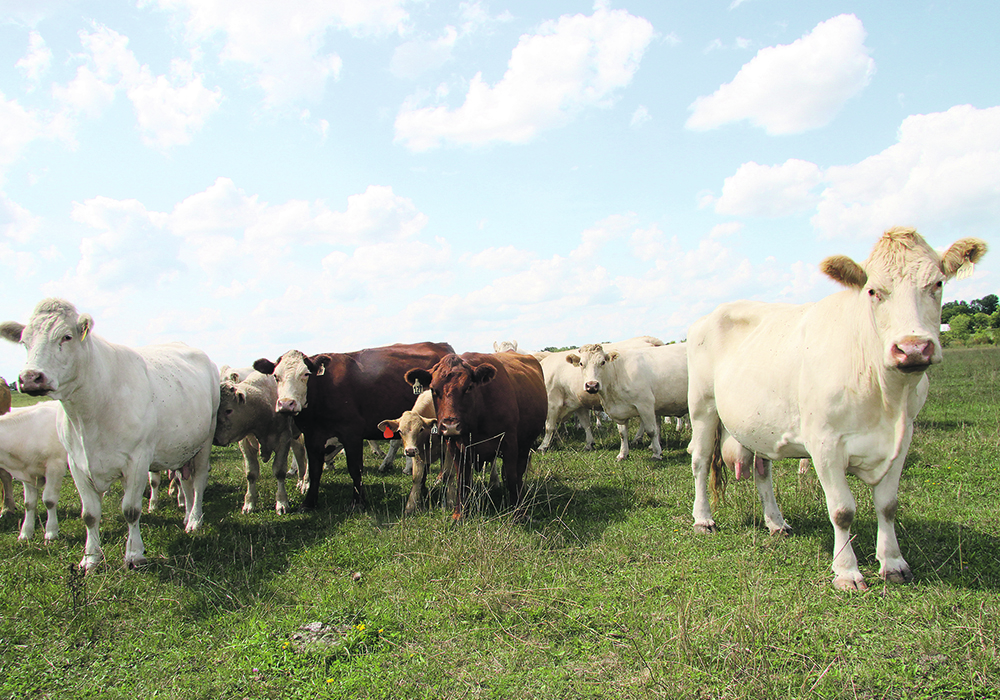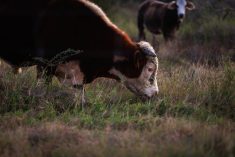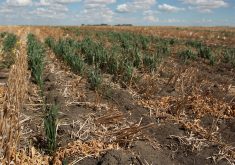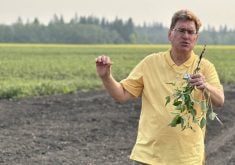Agriculture Canada said it’s working with the provinces to determine additional support required by farmers
Saskatchewan Cattlemen’s Association last week asked Ottawa to come through with AgriRecovery money.
However, the federal government said the AgriRecovery process isn’t yet complete.
In August the Saskatchewan government announced it would spend $70 million to help cattle producers cope with drought and feed shortages. The money is meant to be its share of support through the AgriRecovery framework.
SCA chair Keith Day wrote to federal agriculture minister Lawrence MacAulay Sept. 5, saying Ottawa must do the same.
“As you are aware, many cattle producers in Saskatchewan have been hit by drought conditions, some for the fourth and fifth year, resulting in feed shortages going into the fall and winter,” said the letter.
Read Also
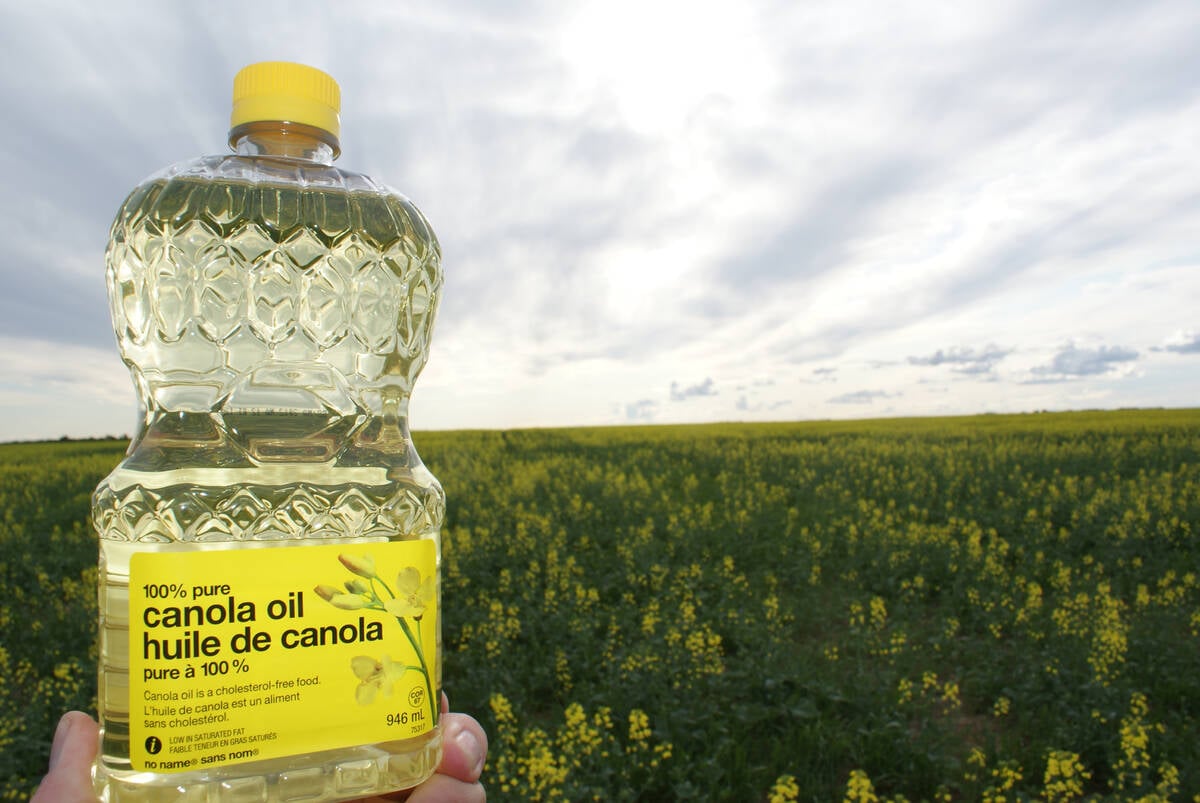
Rising vegetable oil demand may offset bad biofuel news
Global biodiesel/renewable diesel production is expected to decline for the first time in a decade. Bad timing for a canola industry looking for new markets.
The SCA said some producers are selling cattle and those who are keeping them need to buy feed.
“Continued depletion of our cattle herd can have significant negative consequences, including detrimental impacts on our grasslands and the environment,” Day wrote. “In addition, as we are an export dependent industry, continued reduction of our herd inhibits our abilities to take advantage of the many trade deals that have been signed.
“Finally, the fabric of rural Saskatchewan is our producers. As several consider exiting the industry due to these ongoing challenges, we lose that piece that binds us all.”
In an emailed statement, Agriculture Canada said there are six steps to AgriRecovery: request for assessment, assessment, decision and authorities, agreement on technical details, launch and payments.
“Work with the province is urgently progressing to finalize the AgriRecovery process and to determine additional support required to cover the extraordinary costs incurred by farmers,” it said.
The government also pointed to tax deferral provisions in designated regions of all four western provinces where producers decide to sell breeding stock, and to the business risk management programs it offers with provinces.
Producers should access AgriInvest to help with immediate needs, it said.
British Columbia and Alberta were approved to implement late participation in AgriStability and Saskatchewan participants will see an increase to interim payments from 50 percent to 75 percent.
“We will continue to support our agricultural producers and ranchers facing droughts and other extreme weather events, to mitigate their impacts and adopt innovative new technologies to be better prepared for them in the future,” the department said.


